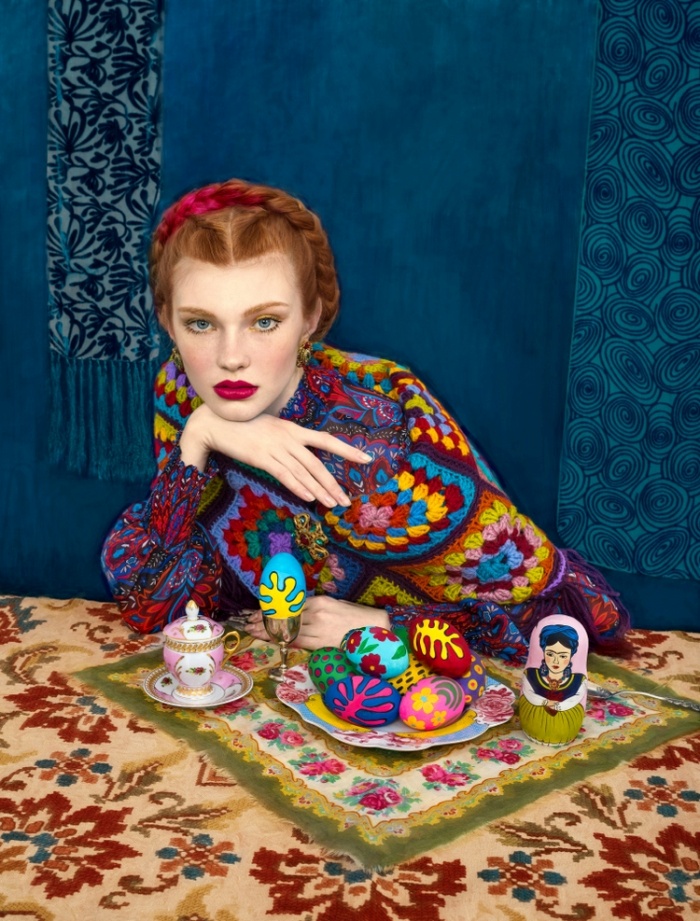A typical perception of Asian culture is that they are disciplined workers with strong work ethic, frugality, and high academic achievement. These” Asian values” are often championed during Aapi Heritage Month ( May ) as a counter to” Western values”. However, these historical beliefs are rooted in Confucian traditions that promote cross- connectedness and can be at odds with American notions georgian brides of individualism and legalism.
These distinctions may moreover effects interactions in Asia- American households. For instance, a spouse in a standard household https://content.time.com/time/arts/article/0,8599,1733856,00.html is expected to be an active student in house finances and the decision- making process. This does fight with Western anticipations that wives get financially independent. In some cases, this has resulted in conflicting conjugal responsibilities that are based on cultural standards rather than on the wants of the handful and their children.
For many Eastern Americans, marriage is one of the best priorities in life. Yet, they differ in their perspectives of what makes for a great partnership. The majority of Indian Americans say it is important to them that their partner loves and respects them, but fewer than half of Vietnamese and Korean Americans feel this way.
Despite their richness, the disposition of Eastern Americans to marriage outside their ethnic and racial party is fairly minimal. Only 12 % of new marriages among Asian Americans are to someone from another Asian ethnic or racial group. In common, Eastern American grownups are quite beneficial in their assessments of acculturation relations. More than six- in- ten say they get along with people from other racial and ethnic groups very well, while about four- in- ten say they do not get along extremely effectively or not at all.

